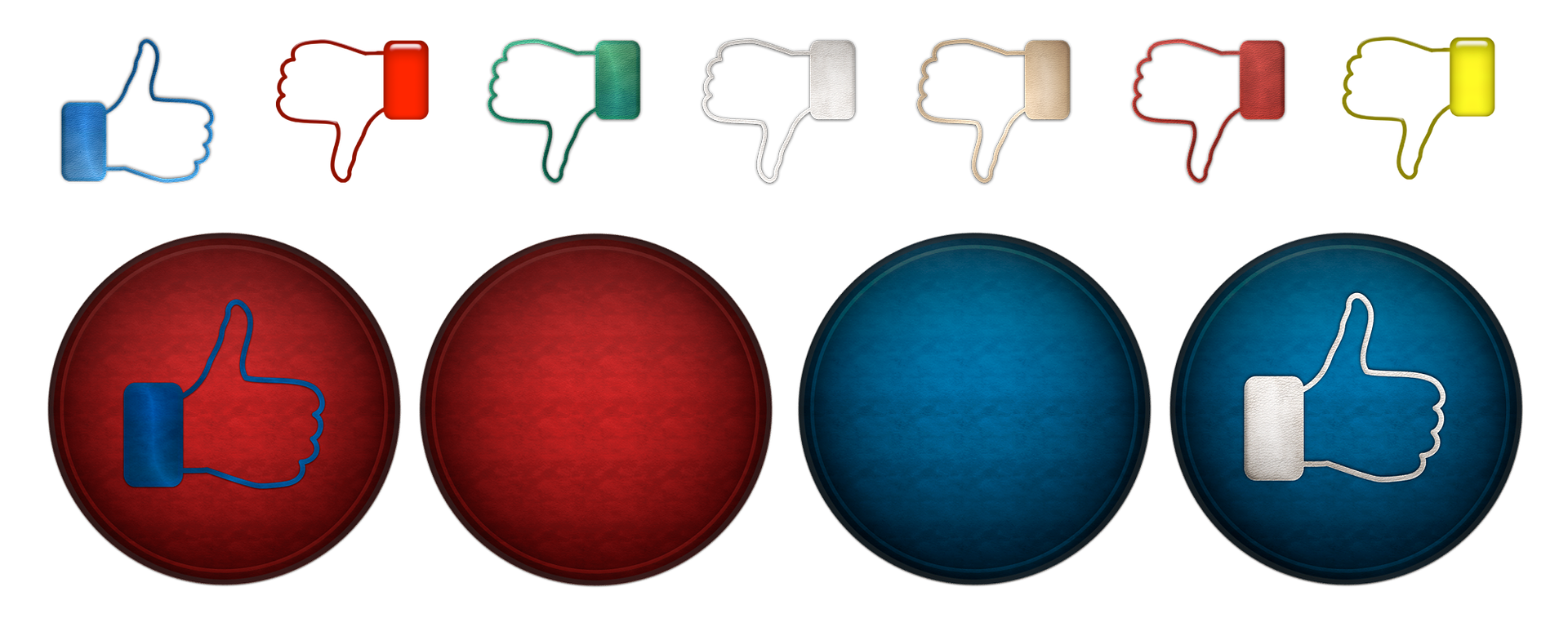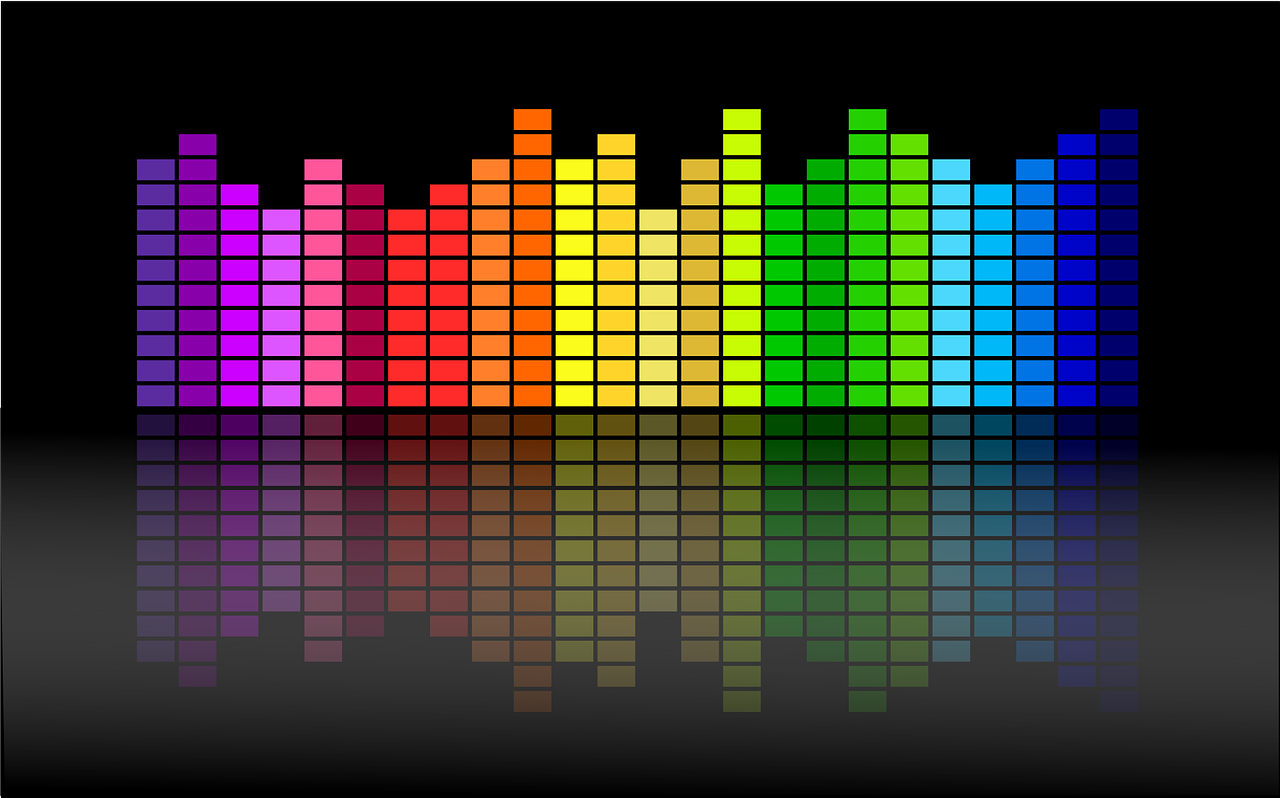|
Music is a powerful medium that has been a part of human culture for thousands of years. It can evoke powerful emotions and affect our moods in ways that nothing else can. While many people enjoy listening to music with lyrics, instrumental music is a unique and often overlooked form of music that can have numerous benefits.
I write instrumental music. It's not as popular a genre is vocal music but even so, I think it has tremendous benefits and should be a component of your listening habits. Here are some reasons why. Reduces stress and anxiety Research has shown that listening to instrumental music can help reduce stress and anxiety levels. Instrumental music has a calming effect on the mind and body, and it can help you relax and unwind after a long day. When you listen to instrumental music, your heart rate and blood pressure decrease, which can help you feel more relaxed. Enhances focus and concentration If you find it difficult to concentrate on a task, listening to instrumental music can help. Instrumental music can improve your focus and concentration, helping you stay on task for longer periods of time. This is especially true for tasks that require a lot of mental effort, such as studying or working on a project. Boosts creativity and inspiration Instrumental music can also stimulate your creativity and inspire new ideas. The lack of lyrics allows you to focus on the music and use your imagination to create your own stories and images in your mind. Many writers, artists, and other creative professionals listen to instrumental music to help them come up with new ideas. Improves sleep quality If you have trouble falling asleep at night, listening to instrumental music can help. It can help you relax and create a peaceful atmosphere that is conducive to sleep. Many people find that listening to instrumental music before bed helps them fall asleep faster and sleep more soundly throughout the night. Provides a background for other activities Instrumental music can also be a great background for other activities. For example, you can listen to instrumental music while you cook, clean, or exercise. It can help make these activities more enjoyable and provide a pleasant distraction from the task at hand. In conclusion, listening to instrumental music can have numerous benefits for your physical and mental well-being. It can help you reduce stress and anxiety, enhance your focus and concentration, boost your creativity and inspiration, improve your sleep quality, and provide a background for other activities. So next time you're looking for some music to listen to, consider giving instrumental music a try. You might be surprised at how much you enjoy it!
0 Comments
Have you ever noticed that when your physical space is cluttered, your mind also feels cluttered and unfocused? It turns out that there is a connection between the organization of our physical space and the organization of our thinking. As the philosopher, Immanuel Kant once said "Wisdom is organized life."
Here are four reasons why organizing your space can help you organize your thinking. A cluttered space can create mental clutter When our physical space is cluttered and disorganized, it can create a sense of chaos and overwhelm. This can also translate to our thinking, making it difficult to focus and prioritize tasks. On the other hand, a well-organized space can create a sense of calm and order, which can help us to think more clearly and make better decisions. An organized space can reduce stress and anxiety Living in a cluttered and disorganized space can also contribute to feelings of stress and anxiety. When we are surrounded by clutter, it can feel like our work is never done and we are constantly being pulled in different directions. This can lead to a sense of overwhelm and burnout. On the other hand, an organized space can create a sense of control and reduce stress and anxiety. Organizing your space can improve productivity When our physical space is disorganized, it can be difficult to find what we need when we need it. This can lead to wasted time and decreased productivity. Organized space can improve productivity by making it easier to find what we need and stay focused on the task at hand. Organizing your space can boost creativity A cluttered space can also hinder our creativity. When we are surrounded by clutter, it can be difficult to think outside the box and come up with new ideas. Organized space can promote creativity by creating a sense of space and openness. This can help us to think more creatively and come up with innovative solutions to problems. Organizing your physical space can have a significant impact on your mental and emotional well-being. By creating a sense of order and control in your physical space, you can reduce stress and anxiety, improve productivity, and boost creativity. So take some time to declutter and organize your space, and see how it can help you organize your thinking as well. In recent years, social media platforms have become an integral part of our lives. One of the most ubiquitous features of these platforms is the "like" button. With just a single click, users can express their approval or appreciation for a post, photo, or comment.
However, despite its popularity, the like button has often been criticized for its uselessness. Let's look at why the like button is ineffective and some of the negative consequences that can result from its overuse. The like button provides no useful information In many contexts, the like button doesn't give the original poster any useful information. I've seen a number of posts, and made some myself, where I am seeking some information or answer to a specific non-yes-or-no question. People "like" the post. But, what useful information does that "like" provide when the question requires a different sort of answer? None! The like button lacks context Similarly, when someone clicks the like button, it provides no context to the person who posted the content. For example, if someone posts about a personal struggle, receiving a like may not convey the empathy and support that the person needs. It can also be challenging to interpret the meaning behind a like - is it an expression of genuine support, or just a cursory acknowledgment of the post? The like button can create negative consequences The like button can create a false sense of validation for those who use social media platforms. Many people have become addicted to receiving likes, often to the detriment of their mental health. Some studies have even suggested that excessive use of social media can lead to depression and anxiety. Furthermore, the like button can lead to social comparison, where individuals compare their lives to those of others based on the number of likes they receive. This can create feelings of envy and inadequacy, particularly among younger users who are still developing their self-esteem. The like button has been weaponized In recent years, the like button has been weaponized by individuals and groups to spread misinformation and propaganda. Social media platforms have been criticized for their role in spreading false information, particularly during elections. The like button can amplify the reach of these false messages and make them appear more legitimate than they actually are. The like button can stifle creativity and originality The like button can create a herd mentality where people feel compelled to post content that is similar to what has been popular in the past. This can stifle creativity and originality as people become hesitant to post anything that is not immediately liked by their audience. This can have a negative impact on the diversity of content on social media platforms. So,, while the like button may seem harmless, its overuse can have significant negative consequences. It provides little or no useful information, lacks context, can create negative consequences, has been weaponized, and can stifle creativity and originality. Social media platforms need to explore alternative ways for users to express themselves while minimizing the negative impacts of the like button. Music is a powerful tool that can be used to influence our moods, emotions, and behavior. While most people enjoy listening to music, not everyone is aware of the ways in which music can be used wisely. Let’s examine four ways in which music can be used wisely to improve our lives.
“Music gives soul to the universe and wings to the mind” Plato Use music to improve your focus and productivity Listening to music while working or studying can improve your focus and productivity. Music can help to block out distractions and create a more conducive environment for concentration. However, not all music is created equal when it comes to improving focus. Instrumental music, such as classical music, is generally considered the best for improving focus and concentration. Use music to manage your emotions Music can be a powerful tool for managing your emotions. Listening to calming music can help to reduce stress and anxiety, while upbeat music can improve your mood and energy levels. You can create playlists of different types of music for different emotional states, such as a playlist of calming music for relaxation or a playlist of energetic music for exercise. Use music to enhance your social connections Music can also be used to enhance your social connections. Attending concerts or music festivals with friends or family members can be a great way to bond and create shared experiences. You can also use music to connect with people who share similar musical tastes by attending music clubs or joining online music communities. Use music to promote self-care Finally, music can be used as a tool for self-care. Listening to music that you enjoy can be a great way to relax and unwind after a long day. You can also use music as part of a self-care routine by incorporating it into activities such as meditation, yoga, or mindfulness exercises. Music is a powerful tool that can be used in many different ways to improve our lives. Whether you want to improve your focus, manage your emotions, enhance your social connections, or promote self-care, music can be a valuable resource. By using music wisely, you can harness its power to improve your overall well-being and quality of life. |
KEVIN J. BROWNEPhilosopher / Educator These blog posts contain links to products on Amazon.com. As an Amazon Associate I earn from qualifying purchases.
Categories
All
Archives
April 2023
|






 RSS Feed
RSS Feed
















